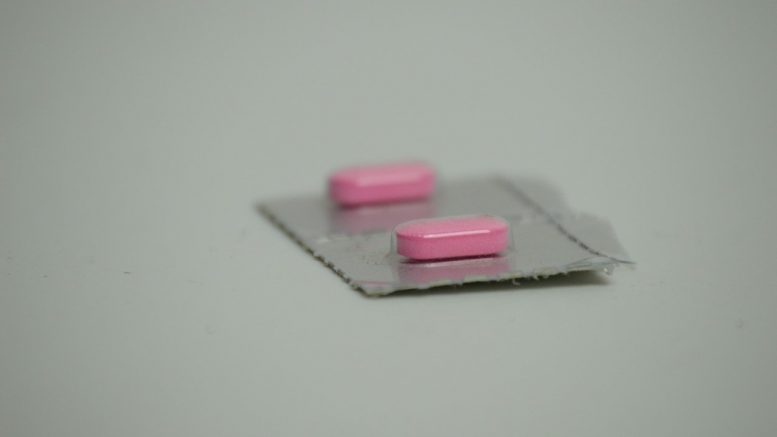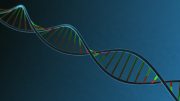17 August media got the information about the FDA approvement for Enspryng (Genentech) Satralizumab-mwge for the treatment of neuromyelitis optica spectrum disorder (MNOSD) in adults who are anti-aquaporin-4 (AQP4) antibody-positive.
About MNOSD
Neuromyelitis optica spectrum disorder (NMOSD), also known as Devic disease, is a chronic disorder of the brain and spinal cord dominated by inflammation of the optic nerve (optic neuritis) and inflammation of the spinal cord (myelitis). The most of patient’s experience repeated attacks separated by periods of remission. The Interval between attacks is individual and can repeat after weeks, months or years.
The characteristic symptoms of NMOSD are either optic neuritis or myelitis. Optic neuritis is inflammation, of the optic nerve (optic neuritis) leading to pain inside the eye which rapidly is followed by loss of clear vision (acuity).
Inflammation of the spinal cord, or transverse myelitis, the symptoms tend to affect some, and often all motor, sensory and autonomic functions (bladder and bowel) below a certain level on the body, although, not infrequently, symptoms may be confined to one side of the body.
According to statistics MNOSD is rare disease, which effects 1-10 per 100,000 individuals. In the USA there are about 4000-8000 cases. Because of the NMOSD immune system mistakenly attacks healthy cells and proteins in the body, FDA was interested to fast track registration for the drug produced by Genentech, Inc.
Genentech, Inc. Satralizumab-mwge
Genentech, Inc. (full name is Genetic Engineering Technology, Inc.), a biotechnology corporation founded in 1976. The company employs more than 1,100 researchers and scientists who work in a wide range of scientific activities – from molecular biology to protein chemistry in bioinformatics and physiology.
Genentech scientists are currently focusing on 5 areas: oncology, immunology, tissue repair, neurology, and infectious disease treatment. The expansion of the company’s staff and the acquisition of Genentech signal the intention to expand research into microbiology, medical imaging and neuroscience. Except for a small research team, all Genentech research facilities are located in San Francisco only.
“Until last year, there were no FDA-approved treatments for patients with this rare, debilitating and sometimes fatal disease. Now there are three,” said Billy Dunn, MD, director of the Office of Neuroscience in the FDA’s Center for Drug Evaluation and Research. “Today’s approval of Enspryng highlights the FDA’s commitment to rapidly advancing safe and effective therapies for NMOSD and other neurological diseases.”
There were 2 steps of study the drug:
- The first study included 95 adult patients. The 64 of all this patients ad antibody against AQP4 (anti-AQP4 positive). In the first study 74% reduced the number of NMOSD relapses.
- The second study included 76 adult patients. The 52 of these patients were anti-AQP4 positive. The results show us that 78% of all effected people educed the number of relapses compared to treatment with a placebo. Patients who have anti-AQP4 antibody get no benefits.
Side effects of Enspyring (Satralizumab-mwge), are: potential reactivation of hepatitis B and tuberculosis, elevated liver enzymes, decreased neutrophil counts and hypersensitivity reactions, cold (nasopharyngitis), headache, upper respiratory tract infection, inflammation of the lining of the stomach, rash, joint pain, extremity pain, fatigue and nausea.
At the moment, date Enspryng is the third drug from NMOSD that was approved by FDA.





Be the first to comment on "FDA Approves Satralizumab-mwge"